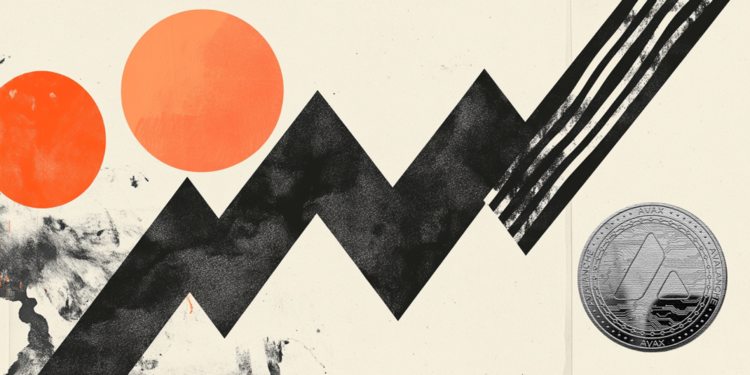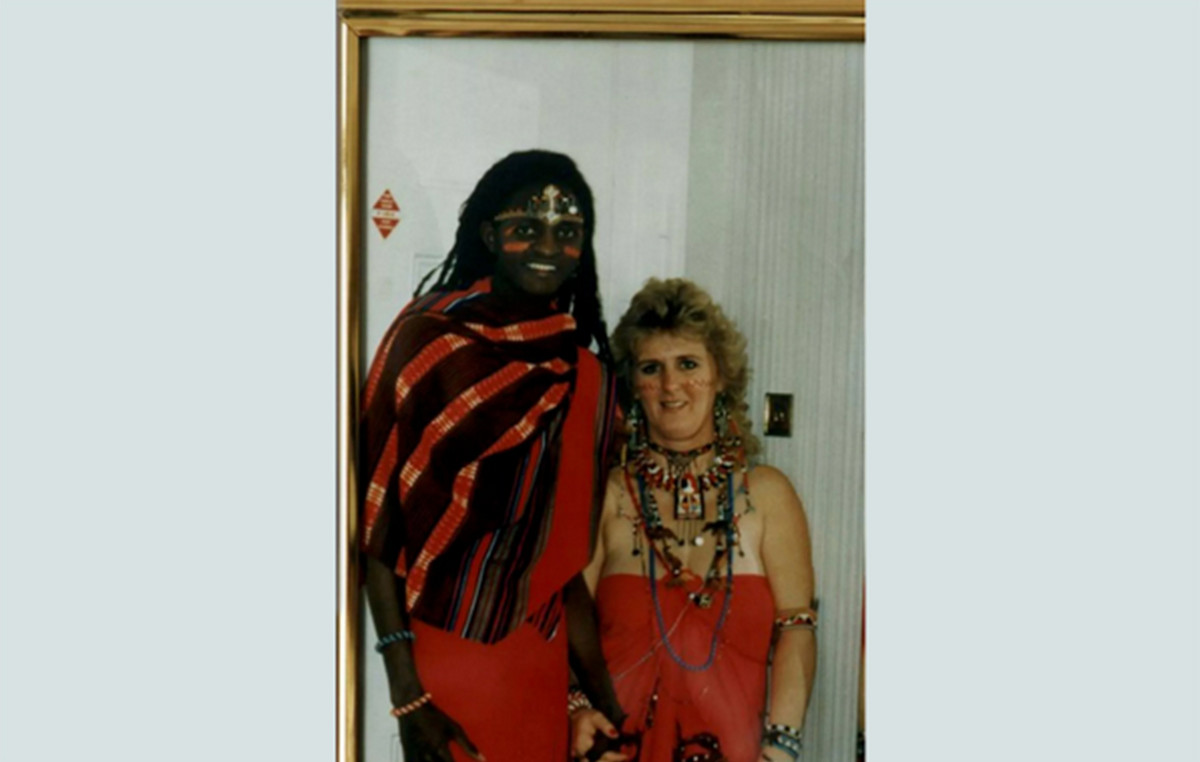Find out that you have breast cancer. Intercept it in the very early phase. Remove it surgically so soon that you don’t even need to undergo chemotherapy. In Italy, today, this also happens. But not everywhere, not with the same timeliness. In our country, there are still profound inequalities on health protection, in particular feminine. There are “luckier” women who live in regions where access to breast screening are guaranteed and punctual, and others who live where the secondary prevention of breast cancer still remains a luxury for a few.
We know that with the Over 53,600 new diagnoses recorded in 2024breast cancer is confirmed as the most frequently diagnosed among Italian women and, unfortunately, even the most frequent for mortality.
“The organized mammographic screening program periodically calls women to perform a mammography, ensuring that the exam is performed in a totally free way, according to quality certified parameters and effectiveness”, he explains Silvia DeandreaPresident of the Federation of Oncological Screening Associations and the Italian Mammographic Screening Group. “The radiological images are interpreted” in double blind “by two independent radiologists to maximize the diagnostic accuracy and the centers in which the screening is carried out are directly connected to the breast units, specialized multidisciplinary structures that ensure timely and complete taking charge in case of diagnosis”.
A two -speed Italy
Currently, in some regions the Mammographic screening program he began at 45, in others only from 50; In some it reaches up to 69 years of age, in others it extends up to 74 For over two million women In our country the prevention of the disease through the health system public is in fact impossible.
“If breast cancer is intercepted to the beginning everything changes: it can be treated with less invasive and more effective therapies, more conservative surgical interventions and a survival 5 years after the diagnosis that in our country now exceeds 90%”, highlights Paola MantelliniDirector of the National Screening Observatory. “For this reason, screening can be a life -saving, and the extension of its age group, as well as documented by the European and Italian guidelines, is crucial to guarantee greater quantity and quality of life. Furthermore, it is also important to formalize this proposal by introducing the expansion in the essential levels of assistance, thus facilitating enlargement also in the regions in which the return plans apply ».
Question of (s) luck

.
ChoreographyIn Italy, today, there are “lucky” towns because they reside in the few regions – just 6, out of 20 – that they adopted the full extension of the age group of screening aged 45 to 74and “unfortunate” towns because they live in regions where this extension is only partially active, or it is not entirely. The Six “lucky” regions are Basilicata, Emilia-Romagna, Lombardy, Marche, Tuscany and Veneto. In all the others the extension is only partially active (from 45 to 49, or from 70 to 74 years) or it is not entirely and the screening remains limited from 50 to 69 years.
To raise public awareness and institutions on the dysomogeneity of the age of access to breast screening, the Association Europe woman Italy He launched a new campaign entitled **Luck costs (the misfortune of the most), ** made with the patronage of National Screening Observatory And Italian Mammographic Screening Groupand the non -conditioning support of Lilly. Objective: ask that the right to prevention is the same for all, regardless of where you live.
The campaign He invites women to find out if they are “lucky” or “unfortunate” based on their region of residence and ask the institutions that the age of access to screening is uniformly expanded in all regions, breaking down the current inequalities. Will remain Activate until September on the Europa Donna Italia websiteto join a click just.
“The possibility of preventing breast cancer, however, cannot depend on luck,” he comments Rosanna D’AntonaPresident of Europa Donna Italia. «They are disparities that we cannot accept because they disregard the European guidelines, which since 2017 have asked to expand the age group of mammographic screening aged 45 to 74. Also, they are created profound inequalities that translate into the possibility of health, and salvation, denied to over two million women in our country. Expanding the age group in which screening is guaranteed certainly represents a cost for the national health service, but not doing it would be a sensational own goal. Women pay the consequences, deprived of the possibility of intercepting a disease in time which, if diagnosed early, can be treated. But the whole is also lost community: Investing in prevention means in fact, it means avoiding the much higher costs, which would be supported to treat tumors discovered in advanced phase due to late diagnoses. And when we talk about costswe do not refer only to the economic ones, but also to social, working, psychological and, not least, emotional ones: when a woman gets sick, the whole system of relationships and affections around her is hit “.
Source: Vanity Fair
I’m Susan Karen, a professional writer and editor at World Stock Market. I specialize in Entertainment news, writing stories that keep readers informed on all the latest developments in the industry. With over five years of experience in creating engaging content and copywriting for various media outlets, I have grown to become an invaluable asset to any team.







